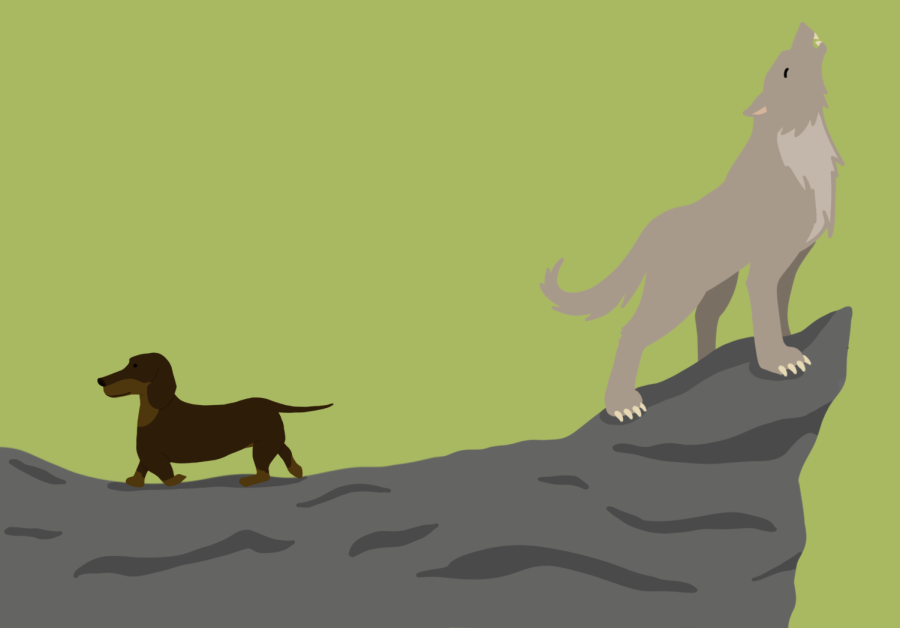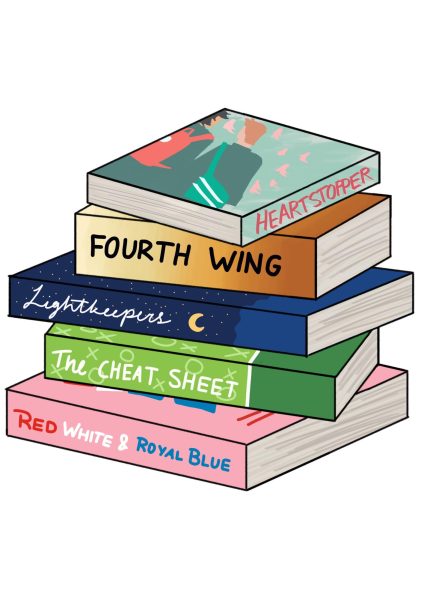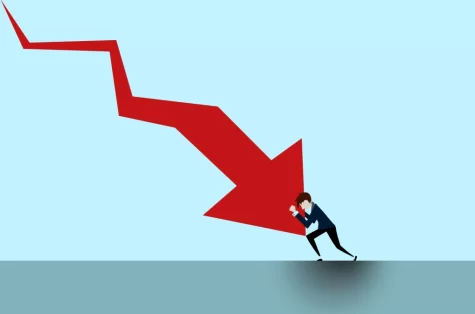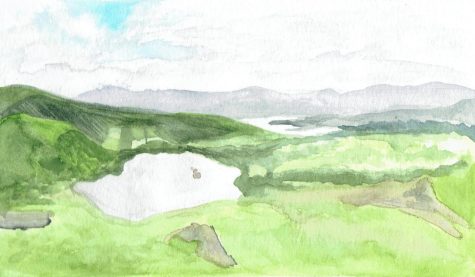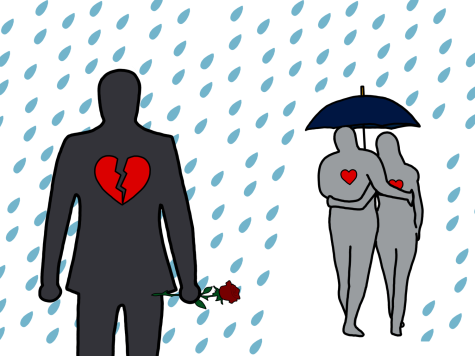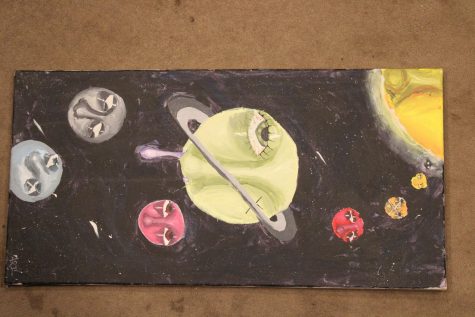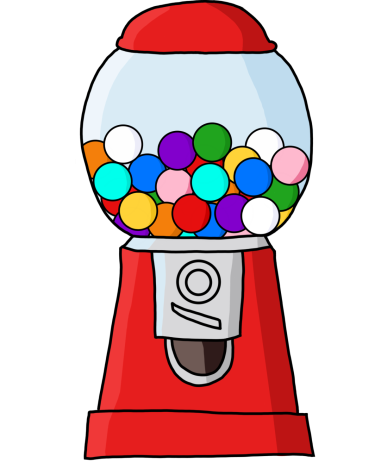Animal Kingdom: Is animal domestication hurtful or helpful?
Domestication is the process of taming an animal and keeping it as a pet or on a farm. However, these domesticated animals often experience disease, animal cruelty and loss of genetic diversity due to the conditions they live in. This begs the question: is animal domestication worth it?
Domestication was first introduced by Mesopotamians about 10,000 years ago for both plants and animals. They domesticated goats and sheep for their meat, milk and hides. Around this time, chickens were also first domesticated in Asia. Later, working animals, such as oxen and horses, were first used for physical labor such as plowing and transportation. Dogs, the beloved household pets, were domesticated from gray wolves around 15,000 to 29,000 years ago. They were originally used for hunting, but their roles evolved to herding livestock and companionship over time.
Since ancient Mesopotamia, domesticated animals have transformed significantly from their original forms due to selective artificial breeding, which led to traits that are more desirable and beneficial to humans. For instance, most domesticated livestock animals have been bred to be bigger and reproduce faster in order to provide more meat.
As dogs have evolved through selective breeding, many different breeds that have emerged have traits that are aesthetically pleasing or beneficial to their role. However, these traits often come at a cost to their health. For example, dachshunds, known for their short legs and long bodies are at extremely high risk for Intervertebral Disc Disease. IVDD is a disorder caused by a common genetic mutation that causes hernias in the dog’s spinal discs, causing lasting debilitating damage in their spines. Problems also arise due to the practices of dog breeders. Many irresponsible breeders skip genetic screenings and disregard the health of their breeding dogs. These puppy farms or puppy mills are usually run at a high volume for profit, without consideration for the health and well-being of the dogs. Many dog owners unknowingly buy from these breeders, unaware of the potential risks and unethical practices, leading to unhappy, unhealthy dogs. These animals often end up in shelters because of the owner’s inability to take care of the dog.
While there are many possible disadvantages of domesticating and owning dogs, there are also a lot of important roles dogs play in society. Working dogs, such as service dogs, police dogs and shepherd dogs are essential to many people’s lives and businesses. However, the responsibility lies on the owner to ensure the health and wellbeing of their dogs.
Another important example of animal domestication is beekeeping. Archaeological research shows that humans have been keeping bees for around 9,000 years. Bees produce honey, pollen, royal jelly, propolis and venom, which are used in food and medicine. Additionally, bees pollinate plants, which is essential for agriculture and the survival of ecosystems, as most plants require pollination by animals to reproduce. Pollinators support the entire food chain, which in turn, supports human life.
Unfortunately, climate change, certain farming practices and pesticide use have caused bees to become an endangered species, making it important to protect the bees that are left. Fortunately, domesticated bees are more likely to survive, as they have humans constantly monitoring and protecting them from harm.
Overall, the animal industry is vital in today’s society and plays a key role in each of our lives. Although there are several practices that can cause detrimental effects on animals and the environment, the industry can develop animals that are beneficial to humans through responsible breeding and animal care. Despite the occasional negative outcome of animal domestication due to disregard of the animal’s health, animal domestication has aided today’s society, leading to the systems that provide valuable resources and services that have significantly bettered humanity.



